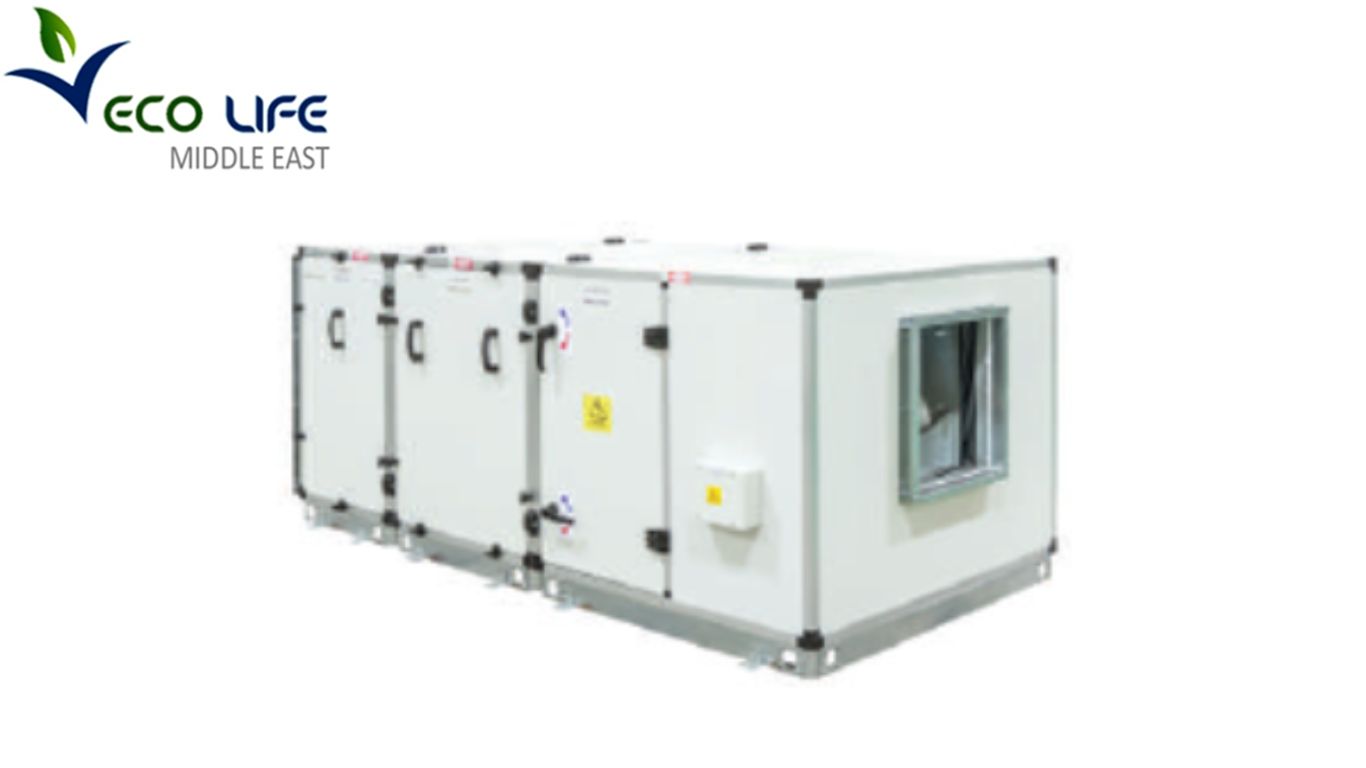ECOLOGY UNIT
Cooking operations produce grease and smoke covering a wide range of particle sizes . The best filtration solutions and purified air employ several stages, typically starting with washable filters followed by multiple stages of increasing efficiency. In many cases, washable electrostatic precipitators are used to provide high overall efficiency and allow washing.
Whatever filtration arrangement is used, proper maintenance schedules are key to ensure safety by removing build up of grease from the system. The NFPA Standard 96 dictates the following inspection and as needed cleaning schedule or exhaust systems. EcoLife Kitchen Ecology Unit Exhaust Fan approved with Dubai Civil Defense (DCD Approved Exhaust Fans), Abu Dhabi Civil Defense (ADCD approved Exhaust Fans) and UAE Civil defense approved.
ODORS (GASES)Cooking emissions produce odors (gases), typically classified as volatile organic compounds (VOC’s). Particulate filters are not effective against these gases, partly because of their small diameter (see figure above). Odor removal requires the use of gas. phase filtration media such as activated carbon, which utilizes pore structure and surface area to adsorb the odors. Because surface area and pore structure are critical, filtration solutions must remove all grease and mists before the exhaust air contacts the gas-phase media. Otherwise, the media will be rendered useless and can become a fire hazard. Keeping proper maintenance schedules for exhausts ducts and filtration systems promotes their long term performance and safety.


